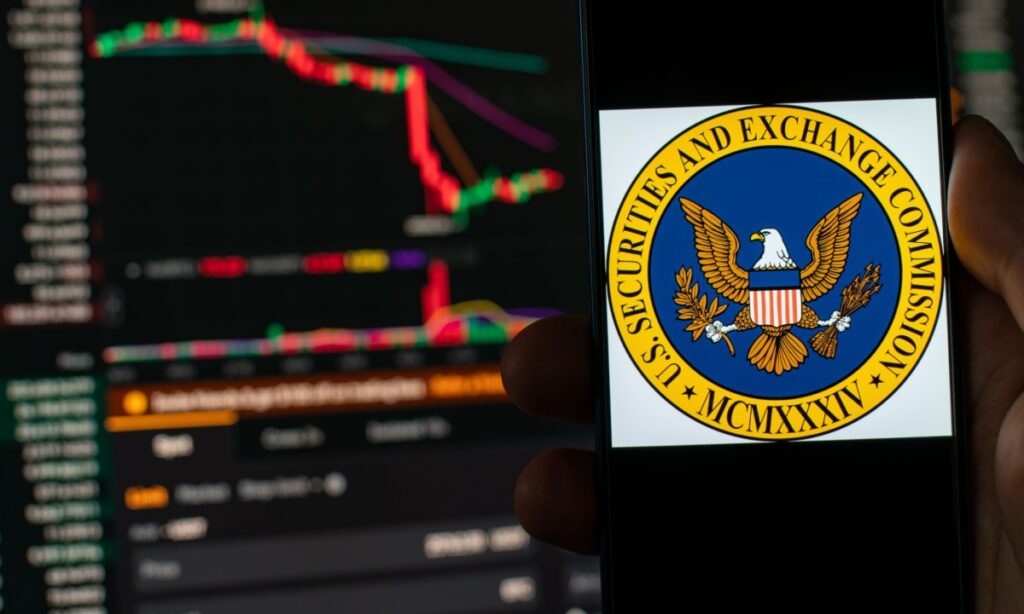Gary Gensler to step down as chairman of the U.S. Securities and Exchange Commission (SEC) Jan. 20 with the inauguration of President-elect Donald Trump.
But that hasn’t stopped Gensler from expressing concerns that more needs to be done to regulate the cryptocurrency market, particularly altcoins and intermediaries.
In a interview with Bloomberg Television On Wednesday (January 8), he highlighted that ordinary investors still lack adequate disclosures from digital asset companies and said the cryptocurrency landscape “is full of bad actors,” highlighting the need for regulatory oversight to protect investors against fraud and misinformation.
Gensler’s tenure has been characterized by aggressive enforcement actions against numerous cryptocurrency entities, including high-profile cases involving Global Coinbase And Ripple Labs. Since taking office in 2021, he has overseen around 100 enforcement measures related to cryptocurrencies.
While Gensler’s predecessor as SEC chair, Jay Clayton, focused his 80 enforcement actions between 2017 and 2020 on token issuers, Gensler’s approach often targeted market intermediaries for failure to comply with securities laws regarding registration and disclosure.
Meanwhile, Trump named Paul Atkinsa former SEC commissioner known for his pro-crypto stance, to succeed Gensler. This transition is expected to lead to a more favorable regulatory environment for digital assets, potentially reducing enforcement actions against the sector. This stands in stark contrast to Gensler’s stricter regulatory approach.
In his remarks, Gensler expressed concern that many currently existing crypto projects are unlikely to survive, comparing them to venture capital investments prone to high failure rates.
Despite criticism from the cryptocurrency community that the classification of most crypto assets as securities has stifled innovation, Gensler defended his record in the interview. He said the SEC’s actions were necessary to maintain market integrity and investor protection.
“I have never seen a field so focused on sentiment and less on fundamentals,” he remarked, emphasizing his belief that regulatory clarity is essential for the future of the cryptocurrency sector.
To learn more about what’s to come, read on PYMNTS’Three Most Important US Crypto Policies to Watch This Year.”





